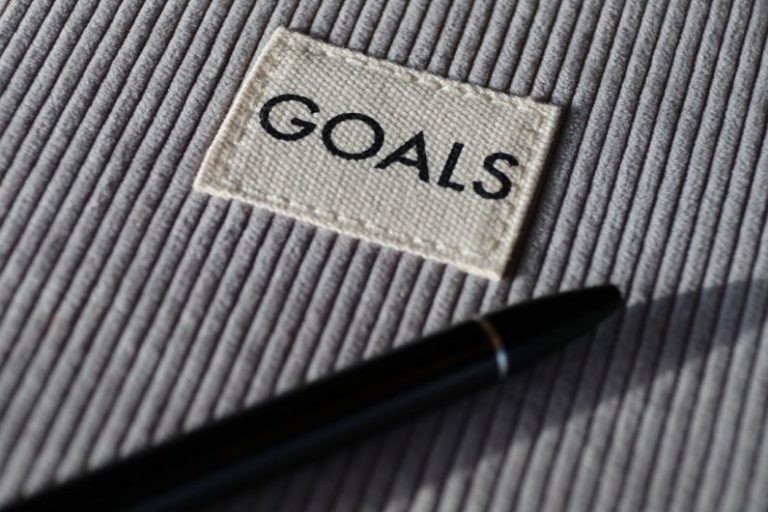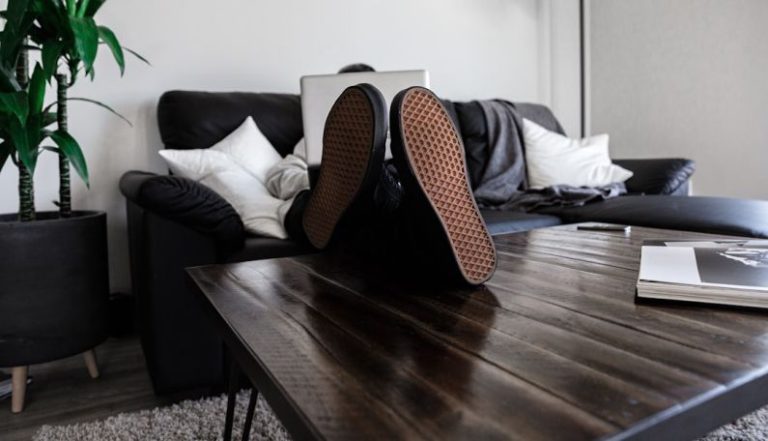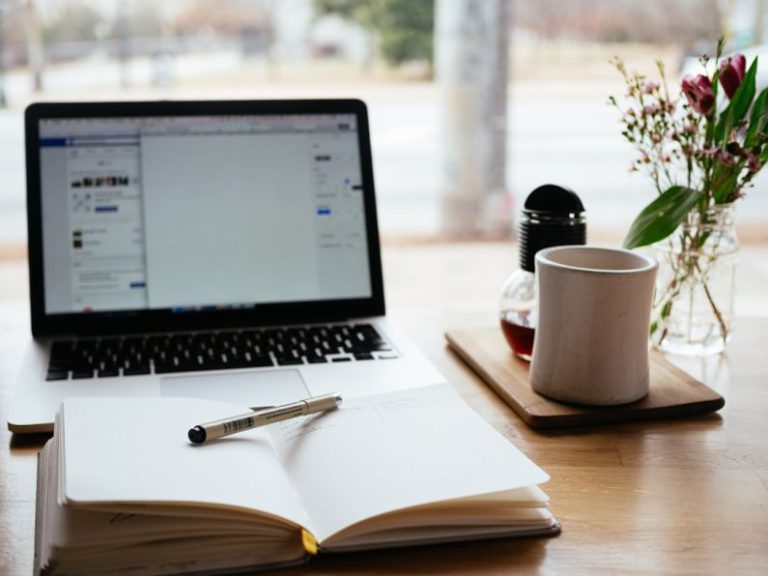Achieving a Digital Detox
In today’s fast-paced world, it can be challenging to disconnect from the constant digital noise that surrounds us. From social media notifications to work emails, our devices have become an integral part of our daily lives. However, taking the time to unplug and engage in a digital detox can have numerous benefits for our mental and physical well-being.
Understanding the Need for a Digital Detox
Digital detox refers to the act of limiting or completely cutting off the use of electronic devices for a period of time. While technology has undoubtedly revolutionized the way we live and work, it has also led to a constant state of connectivity that can be overwhelming. The need for a digital detox arises from the desire to break free from this cycle of dependency and reclaim control over our time and attention.
Benefits of a Digital Detox
1. Improved Mental Health
Constant exposure to screens and digital content can have a negative impact on our mental health. Studies have shown that excessive screen time is linked to increased feelings of anxiety, depression, and stress. Taking a break from digital devices allows our minds to rest and recharge, leading to improved overall well-being.
2. Enhanced Productivity
Being constantly connected to our devices can be a major distraction, making it difficult to focus on important tasks. A digital detox can help improve our concentration and productivity by allowing us to fully engage in the present moment without the interruptions of notifications and alerts.
3. Better Sleep Quality
The blue light emitted by screens can disrupt our sleep patterns and make it harder to fall asleep at night. By reducing our screen time, especially before bedtime, we can improve the quality of our sleep and wake up feeling more refreshed and energized.
Tips for a Successful Digital Detox
Setting boundaries and creating a plan are key to successfully disconnecting from the digital world. Here are some tips to help you achieve a digital detox:
– Designate Tech-Free Zones: Create specific areas in your home where electronic devices are not allowed, such as the bedroom or dining table. This will help you establish boundaries between your digital life and your personal space.
– Schedule Screen-Free Time: Set aside dedicated periods of time each day to disconnect from your devices. Use this time to engage in activities that bring you joy and relaxation, such as reading a book, going for a walk, or practicing mindfulness.
– Turn Off Notifications: Constant notifications can be a major source of distraction and can prevent you from fully focusing on the task at hand. Consider turning off non-essential notifications to reduce the urge to constantly check your phone.
– Engage in Tech-Free Hobbies: Find activities that you enjoy and that do not involve screens, such as painting, gardening, or cooking. Engaging in these hobbies can help you rediscover the simple pleasures of life without digital distractions.
The Road to Digital Wellness
Achieving a digital detox is not about completely eliminating technology from our lives but rather finding a healthy balance between the digital world and the physical world. By taking the time to disconnect and recharge, we can improve our overall well-being and lead a more mindful and fulfilling life. Embracing the benefits of a digital detox can help us cultivate a healthier relationship with technology and prioritize our mental and physical health in today’s digital age.






